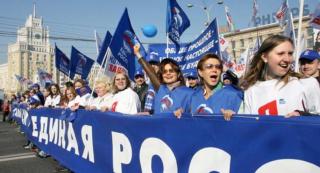
In response to United Russia’s declining popularity, the Kremlin is trying to dump all of the party’s political dead weight and pushing more support to its remaining assets, rather than forming a coalition with its junior political partners.
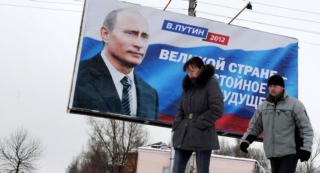
Internal and external pressures seem to have triggered a radical readjustment in the Kremlin’s pre-election planning, with potentially long-lasting consequences.
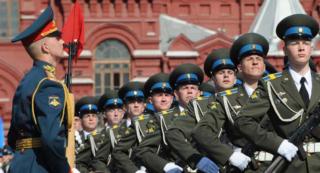
Russia is no longer an empire, but it is not yet a nation-state either. To be seen as a great power in the twenty-first century, it has to reform its institutions and economy and become a great country.
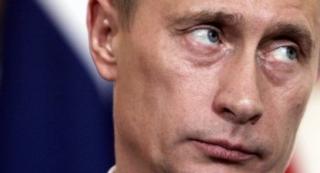
Russian authorities are preparing for a possible new economic crisis and social unrest by expanding the powers of the state security instead of enacting political reforms.
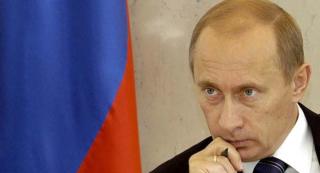
The plans of Russia’s ruling elite, headed by Prime Minister Vladimir Putin, to retain power face increasing challenges from a crumbling infrastructure, economic stagnation, and growing social unrest.
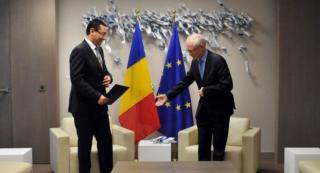
The European Union has an opportunity to make a significant difference in their eastern borderlands, through a combination of social, economic, and political incentives.
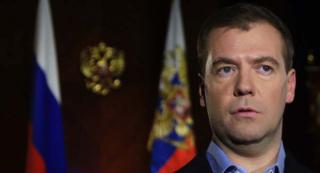
When Prime Minister Vladimir Putin and President Dmitry Medvedev switch places in March, Putin will have the opportunity to consolidate his leadership as president, while the prime minister will be forced to take responsibility for unpopular decisions by the next government.
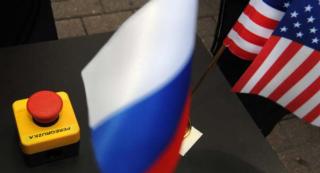
Putin’s return to the Russian presidency will not undo the U.S.-Russia reset, but it will change the dynamics of the relationship between Moscow and Washington.
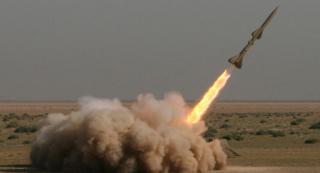
While theoretically terrorists could use missiles stolen from armed forces to target space satellites, the risk of such space terrorism remains small because terrorists don’t have enough resources to carry out such attacks.
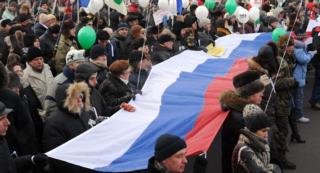
In Russia, an increasing number of personnel changes are taking place in anticipation of the upcoming presidential election in March.
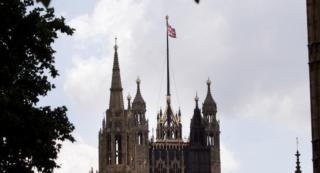
British Prime Minister David Cameron’s visit to Moscow resolved few of the fundamental issues afflicting UK-Russian relations. Yet by moving the relationship on beyond politics, the visit proved to be a rather useful one.
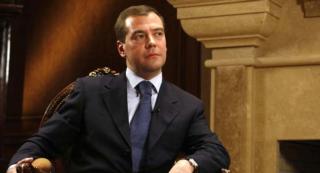
Moscow’s evolving policies toward the Nordic-Baltic region are an important part of Russia’s larger approach to Europe and the Atlantic community.
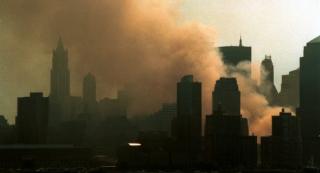
A decade after September 11, terrorism has not undermined the foundations of modern society, but it has forced people in Europe and America to take a closer look at Islam and has helped draw people in the Arab countries into the global processes.
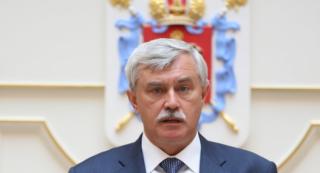
The political logic behind the decision to replace St. Petersburg Governor Valentina Matviyenko with Georgy Poltavchenko, the non-charismatic presidential envoy to the Central Federal District, remains unclear.
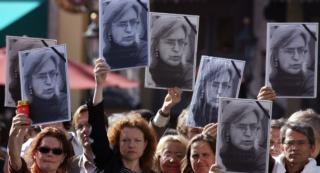
The mysterious assassinations of prominent politicians and journalists over the past fifteen years suggest that Russian state security may still be involved in politically-motivated crimes, even if they are not directly ordered by the country’s leaders.
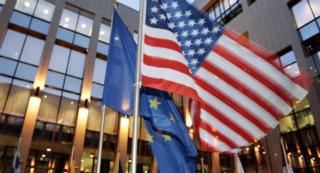
Today, the big economic risks come not from the United States, but from European countries struggling to figure out a long term solution to sovereign debt and the weak institutional underpinnings of the euro.
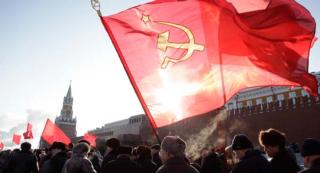
Twenty years after the disintegration of the Soviet Union, Russia’s disinterest in its former empire has been matched by the other former Soviet republics distancing themselves from the former imperial center.
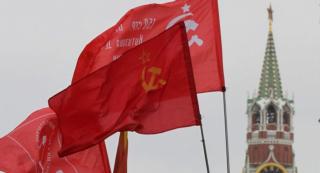
Russians should recognize the significance of the popular victory over the August 1991 putsch, which prevented hard-line conservatives from reestablishing authoritarian rule and led to the end of communism in the country.
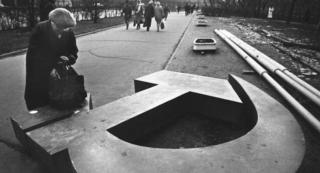
While the end of communism did not bring about an end of state paternalism or uncontested governance in Russia, the country’s post-communist development has led to a number of legitimate individual freedoms and the rise of a consumer society.
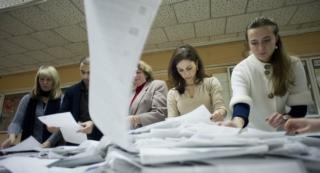
The United Russia primaries held across Russia show modest signs that the country’s political institutes are becoming more liberal and modern.